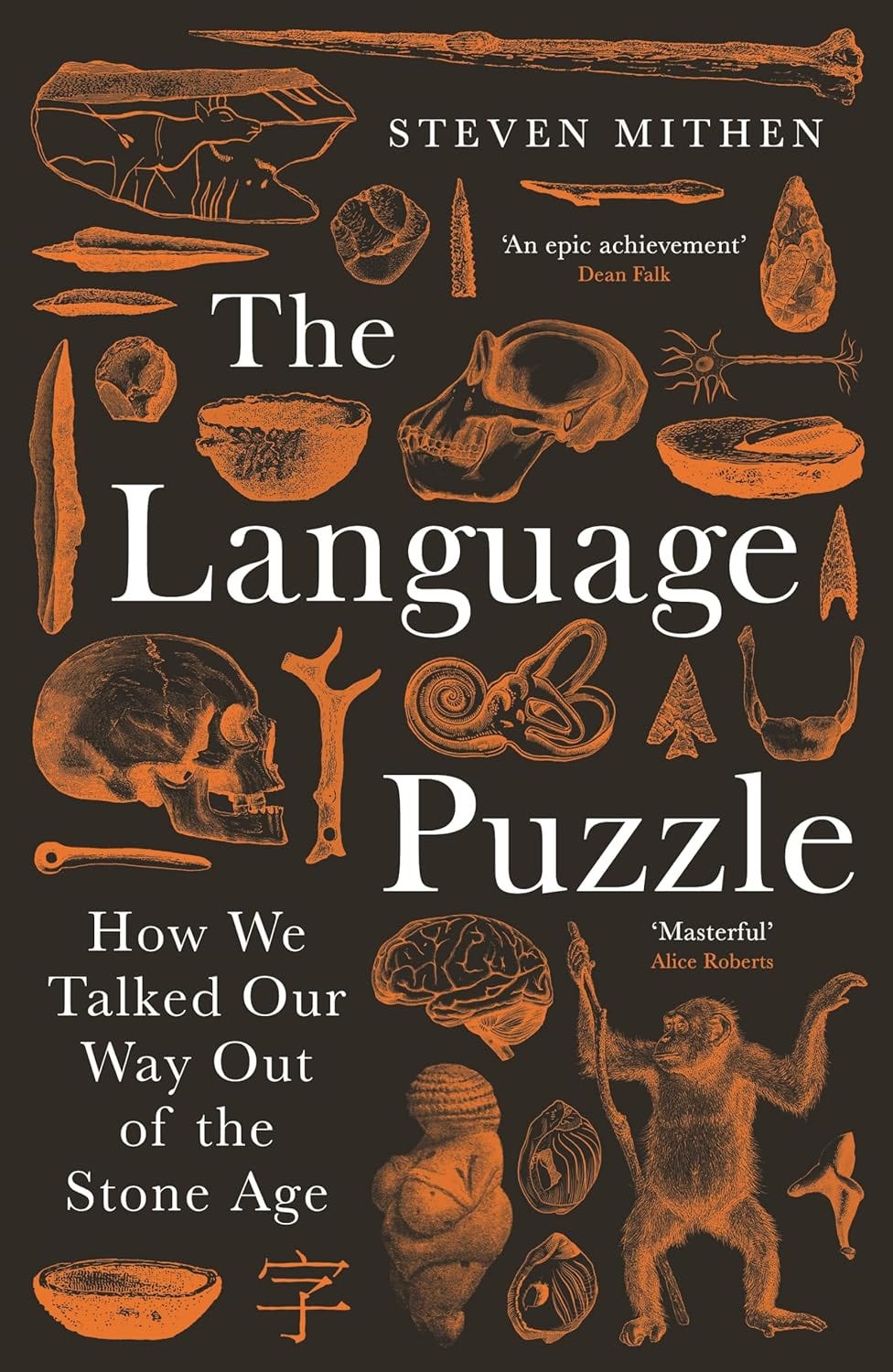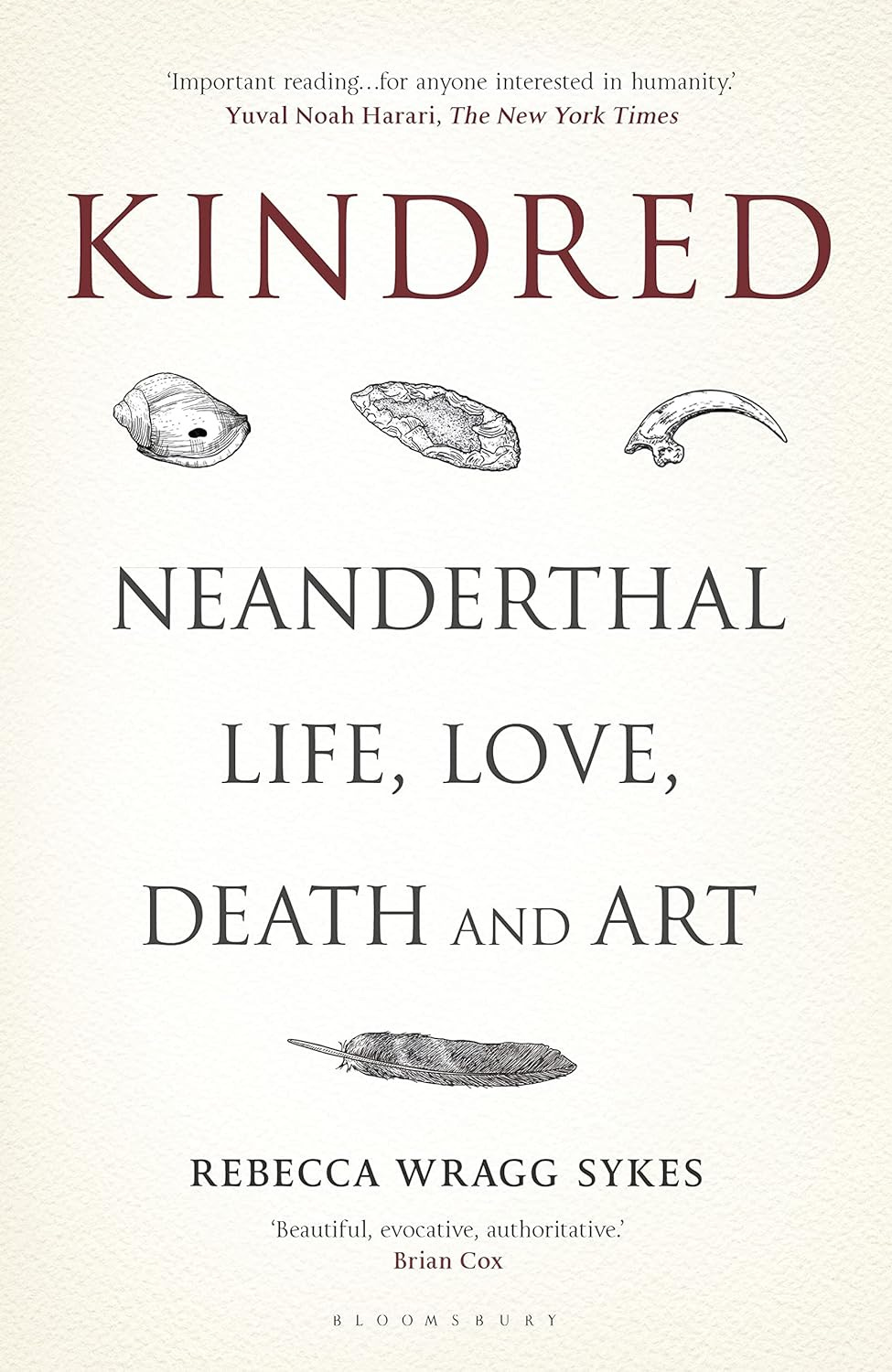Humans, Language and Prehistory
Could language have developed much earlier than previously thought?
Humans, Language and Prehistory

A fascinating new book made the news this week. It has traditionally been thought that humans only started to speak around 200,000 years ago, but in The Language Puzzle: How We Talked Our Way Out of the Stone Age Dr Stephen Mithen (University of Reading, UK) argues that this figure is way off. Based on analysis of ‘archaeological, paleo-anatomical, genetic, neurological and linguistic evidence’, his newly published research dates the evolution of language to between 1.5 and 2 million years ago, alongside other evolutionary developments such as the increase in human brain size, including the development of the area in the frontal lobe associated with memory and language production.
Running adjacent to this is the news from Netflix of a new documentary series, which will broadcast this year, exploring the extinction of Neanderthals. Neanderthals were a human species that went extinct around 40,000 years ago. The cause of their extinction appears to be the central question of the series. Over the years multiple theories have been put forward – from climate change and disease to conflict and assimilation (genome sequences has certainly suggested interbreeding between homo sapiens and Neanderthals).
Whatever the reason, we hope they have consulted with Rebecca Wragg Sykes, whose well-reviewed 2020 book, Kindred: Neanderthal Life, Love, Death and Art that has been on HistFest’s radar for a long while.
Representations of Neanderthals in the media have a long and problematic history (as noted in Angela Saini’s critically acclaimed book Superior). Have you read Kindred, Superior or The Language Puzzle? What do you think happened to the Neanderthals?
Plague Nurses and Lady Doctors
Given the reference above, we thought we’d spotlight Angela Saini’s exciting upcoming HistFest event. At 1pm, on Saturday 13 April, she will be joined by Dr Lara Thorpe (Plague Nurses, Marginality, and Fear during the Great Plague of 1665) and Kavitha Rao (Lady Doctors: The Untold Stories of India’s First Women Doctors) to explore the fascinating history of women and medicine. From early modern plague nurses battling an uncurable disease against a backdrop of stigma and fear, to the extraordinary 19th century Indian women who defied the odds to become professional doctors. This captivating event will draw out themes across the centuries to explore the exceptional and the everyday and open a unique window into the history of women.
As with all HistFest events, attendees can join us in-person at the British Library (£10), or online (£5).
Latest Podcast - Churchill and India
A reminder that our latest All Things History podcast episode is with Walter Reid, whose latest book looks at Winston Churchill and India. You can listen to it here.







